The vegan lifestyle has gained a lot of popularity for its health benefits and ethics regarding animal cruelty. It even garnered the attention of athletes, including bodybuilders.
However, there are a number of nutritional challenges and considerations that vegan bodybuilders tend to face. In this guide, we will walk you through what it takes to establish a healthy vegan lifestyle and achieve the gains you’re looking for.
Challenges
On adopting a vegan lifestyle, you have to go through drastic changes in planning your diet while the training routine should remain the same for the most part. So, it’s no surprise that the difficulties vegan bodybuilders face are all related to the diet.
The trickiest challenge is to meet your daily protein requirements while working with a limited selection of foods to choose from. The caloric intake might be impacted as well, since following a vegan diet basically means cutting down on the calories you take every day.
Moreover, nutritional deficiencies are the most serious of the bunch. Vegan diets lack a lot of the much-needed micronutrients like calcium, iron, and some vitamins.
Now that you’re aware of the difficulties you might face, we will help you plan your diet and overcome those challenges.
Look Out for Your Calories
Throughout your journey as a bodybuilder, you need to change your caloric intake according to which phase you’re in. In the bulking phase where you’re aiming at putting on more muscles, it’s obvious that you have to go for a caloric surplus.
Whereas in the cutting phase where your primary goal is to lose fat and have a more defined, shredded physique before a competition, you will need to decrease your calories.
To begin with, it’s important to calculate your total daily energy expenditure (TDEE) in terms of calories. Those are the calories your body needs to carry out its basic functions like breathing, generating heat, pumping blood through your blood vessels, and so on. You also burn additional calories based on your activity level.
To calculate your TDEE, you have to use a number of formulas that put into consideration your lean body mass, basal metabolic rate, and how active or sedentary your lifestyle is. We don’t want to bombard you with all those details, as there are much easier tools online that can do the math for you and give you an idea of the daily calories your body needs.
As a rule of thumb, when you’re bulking, you need to add 10% to your TDEE in order to start seeing gains. On the other hand, when you’re cutting, reduce your TDEE by 20% to lose the extra fat.
Vegan Diet for Bodybuilders
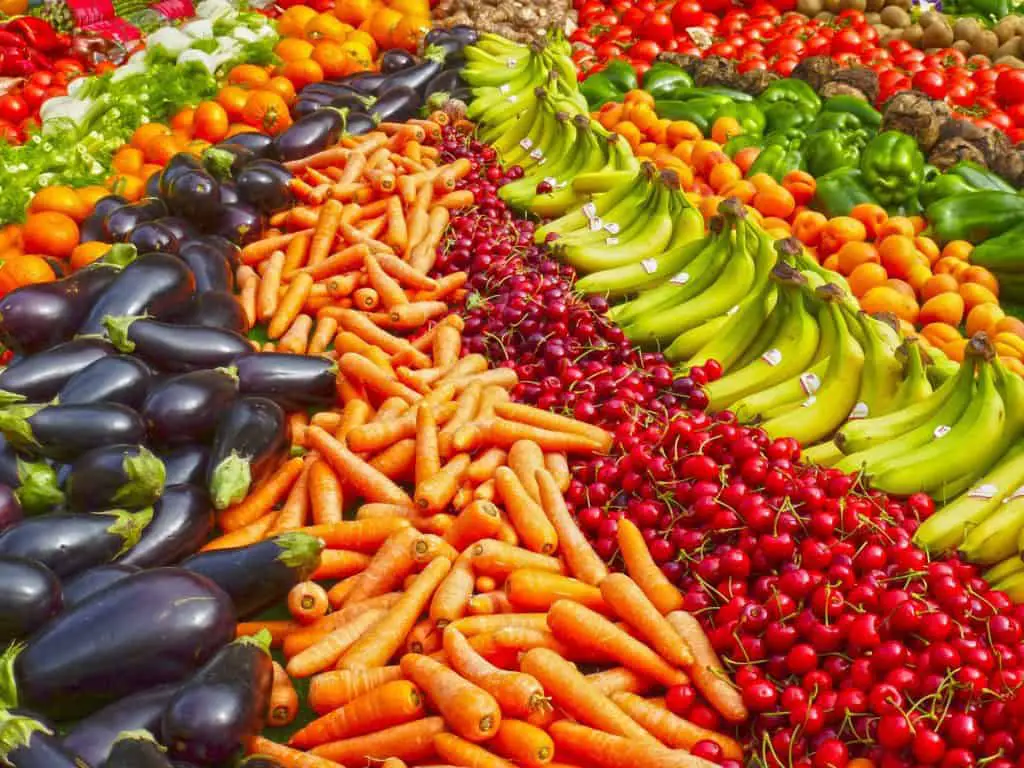
Protein
Proteins are the core building blocks of your muscles; they are important for repairing and rebuilding muscle fibers that are damaged after a workout. So, in order to increase your body’s muscle bulk, you have to ensure adding a sufficient amount of proteins to your diet. The daily protein intake should be around 0.7-1.0 grams per pound (1.6-2.2 grams per Kg.)
Vegan bodybuilders might face a challenge in hitting their daily protein goal, as most of the high-quality sources of protein are animal-based, like meat and dairy products.
Nevertheless, there are a lot of protein-rich plant foods you can incorporate in your diet like beans, lentils, tofu, and chickpeas, just to name a few. They might not have as much protein as their animal-based counterparts, but if you carefully plan your meals, you can meet your body’s protein requirements.
Surprisingly, most of the plant-based carbohydrate sources, like vegetables and whole grains, pack a considerable amount of protein. For example, 100 grams of oatmeal contains around 17 grams of protein.
Another challenge that vegan bodybuilders face is that plant-based protein sources lack some of the essential amino acids. That’s why you can’t base your diet on only one or two of your favorite dishes, as you’ll be missing out on a whole spectrum of amino acids and micronutrients that your body needs.
For a bodybuilder, legumes, in particular, are a significant addition to the diet as they are an excellent source of branched-chain amino acids (BCAAs) that are crucial for muscle building.
If you still need to add more protein to your diet, you can always consider vegan protein powder with eco-friendly sourced ingredients and protein bars to provide your body with a concentrated source of protein around the time of your workouts and throughout the day.
Fat
Fats are an essential part of a bodybuilder’s diet. Every gram of fat gives you twice the calories you get from proteins or carbs. This helps to overcome one of the major challenges vegan bodybuilders face, which is the inability to consume enough calories.
For a healthy balanced diet, you need to get 30% of your daily calories from fat. Keep an eye on which fat you consume in your diet, as there are different types of fats, and not all of them are beneficial.
Healthy unsaturated fats are found in avocados, seeds, nuts, and vegetable oil. They enhance the absorption of fat-soluble vitamins and minerals. Such micronutrients are already lacking in vegan diets, so any attempt to increase their absorption is much welcomed.
Moreover, unsaturated fats are an integral part of the cell membrane, and therefore they are needed for building new muscle fibers. Last but not least, they have anti-inflammatory properties promoting your general wellbeing.
Some unsaturated fats are hard to get from a vegan diet like omega 3 DHA and EHA. Here comes the role of dietary supplementation.
Saturated fats offer a bunch of health benefits thanks to their role in protecting the liver against alcohol and other toxins, their contribution to the cell membrane together with unsaturated fats, and their antimicrobial properties against the digestive tract microorganisms.
For all their benefits, it’s obvious that you need to incorporate some saturated fats in your diet. Coconuts are a good vegan-friendly source of saturated fats. However, you need to keep their consumption to a minimum, as excessive intake of saturated fats leads to the buildup of cholesterol in your blood vessels and increases the risk of strokes and heart disease.
There is a third type of fat that you should avoid at all costs. Artificial trans fat is primarily found in fast food and snacks and its harms outweigh its benefits. It significantly increases the risk of developing heart disease similar to what excessive saturated fat does.
Carbohydrates
Carbs are the primary source of energy for our bodies. In the quest to generate energy, our body might start breaking down muscles to consume proteins as an alternate source of energy in case of carbs deficiency. That’s why bodybuilders need to maintain sufficient carbohydrate stores at all times.
When carbs are digested and absorbed, your blood glucose level will rise after the meal which stimulates a surge in insulin levels. Insulin acts as a signal that promotes your muscles’ uptake of all the nutrients you spent the time and effort to incorporate in your diet. In other words, without carbs, your muscles will not make the most out of your vegan, protein-rich diet.
It’s recommended to get 45-60% of your daily calories from carbohydrates. Oats, brown rice, sweet potatoes, and lentils are all excellent sources for complex carbs. Complex carbs raise the blood glucose levels for a longer period and produce a more constant source of energy.
Though complex carbs are the preferred form to incorporate in a bodybuilder’s diet, you can still have some processed carbs like pasta and bread as long as they are kept to a bare minimum.
Evidence-based science shows that consuming the same exact calories every day will drive your body to adapt and stop responding to the nutrients it’s receiving. That’s why beginners can gain a couple of pounds worth of muscles at first and then their gains plateau with time.
In order to sustain your gains, you need to follow what’s known as carb cycling. Boost carbs by 25% on the day of a priority workout. Keep your carbs the same on the day of your next exercise. Finally, cut your carbs by 25% on your rest day.
This way, you’re preventing your body from adapting and it’s always making the most of the available nutrients. Moreover, carb cycling minimizes fat formation during the phase of bulking where you consume excess calories.
Micronutrients
Micronutrients include vitamins, minerals, and trace elements. Such nutrients play a crucial role in maintaining the function of the immune system, bone and muscle health, energy production, in addition to fluid balance.
Bodybuilders need to generate more energy to effectively carry out high-intensity workouts. Energy is also needed for the subsequent recovery and actual “bodybuilding” following the exercise. That’s why bodybuilders need more of these micronutrients as they significantly contribute to the body’s energy balance.
Unfortunately, plant-based diets lack some of the essential micronutrients, and vegan bodybuilders are susceptible to deficiencies in calcium, iron, riboflavin, vitamin B6, and vitamin D.
You need to supplement those vitamins and minerals to meet your body’s needs as the vegan diet alone is not enough.
Effective Workout Routine
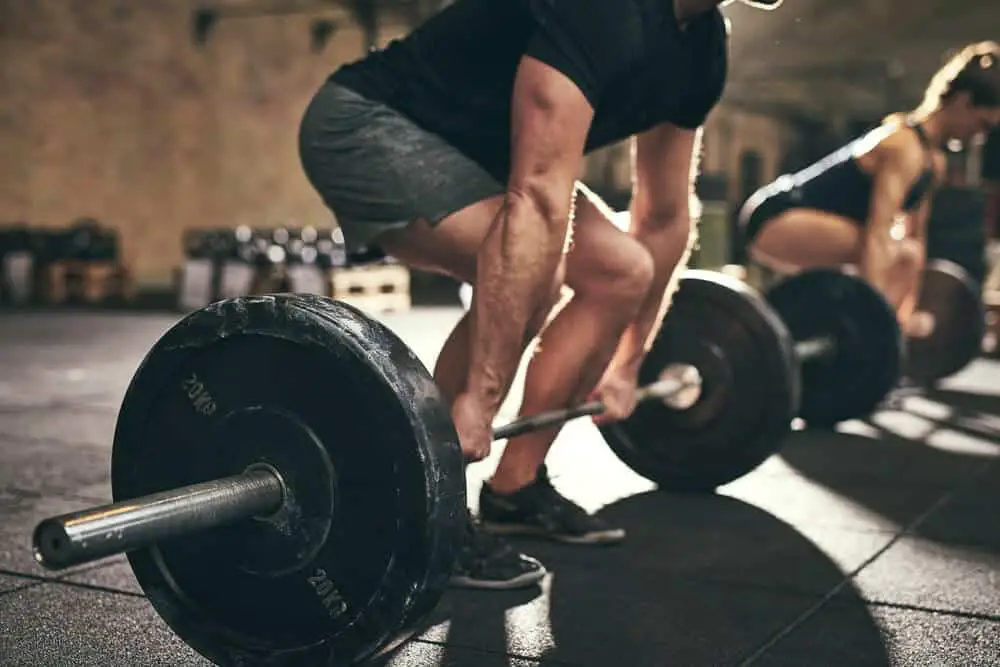
Putting the dietary considerations under the spotlight was totally intentional for a couple of reasons. Generally speaking, diet contributes more to your body’s gains than the actual intensive training itself. Moreover, vegan bodybuilders follow the same universal bodybuilding principles, so the variable is always the diet.
After you’ve packed your fridge, it’s time to plan an effective workout routine that suits your daily schedule. In order to put on extra muscles, you have to apply the principles of progressive overload in your training.
To maintain consistent gains, you have to increase the intensity of your training. As long as you’re pushing your body out of its comfort zone, it will continuously build muscle fibers to overcome the progressive stress it faces.
You can achieve progressive overload in different ways:
- Increase the weights you lift
- Increase the number of reps for each set
- Add an extra set to your exercise
- Reduce the rest time between the sets
- Make the exercise more difficult by slowing down your reps, holding your reps in position for a couple of seconds, etc.
It’s worth mentioning that the technique of the exercise shouldn’t be compromised by its increasing intensity. On applying faulty techniques, you are more prone to injuries and you might not achieve the gains you aspire to, as the muscle groups you’re targeting might not be ideal in action.
You will achieve the best results if you center your workouts around compound exercises that target different muscle groups all at once, in addition to supplementary isolation workouts targeting a specific muscle.
In Conclusion
When there’s a will, there’s always a way! Although vegan bodybuilding presents some challenges all revolving around diet and nutrition, there are ways around those hurdles. With consistent, intensive training and a healthy, nutrient-rich, vegan diet, you can achieve a killer physique.


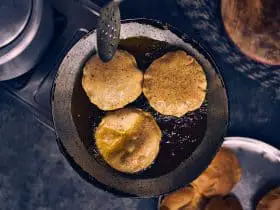
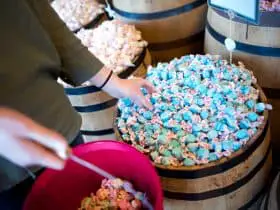
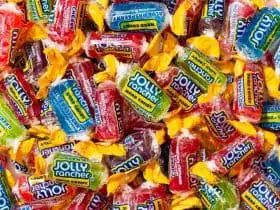
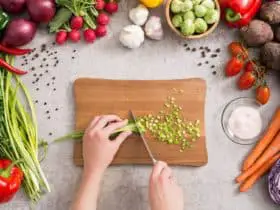
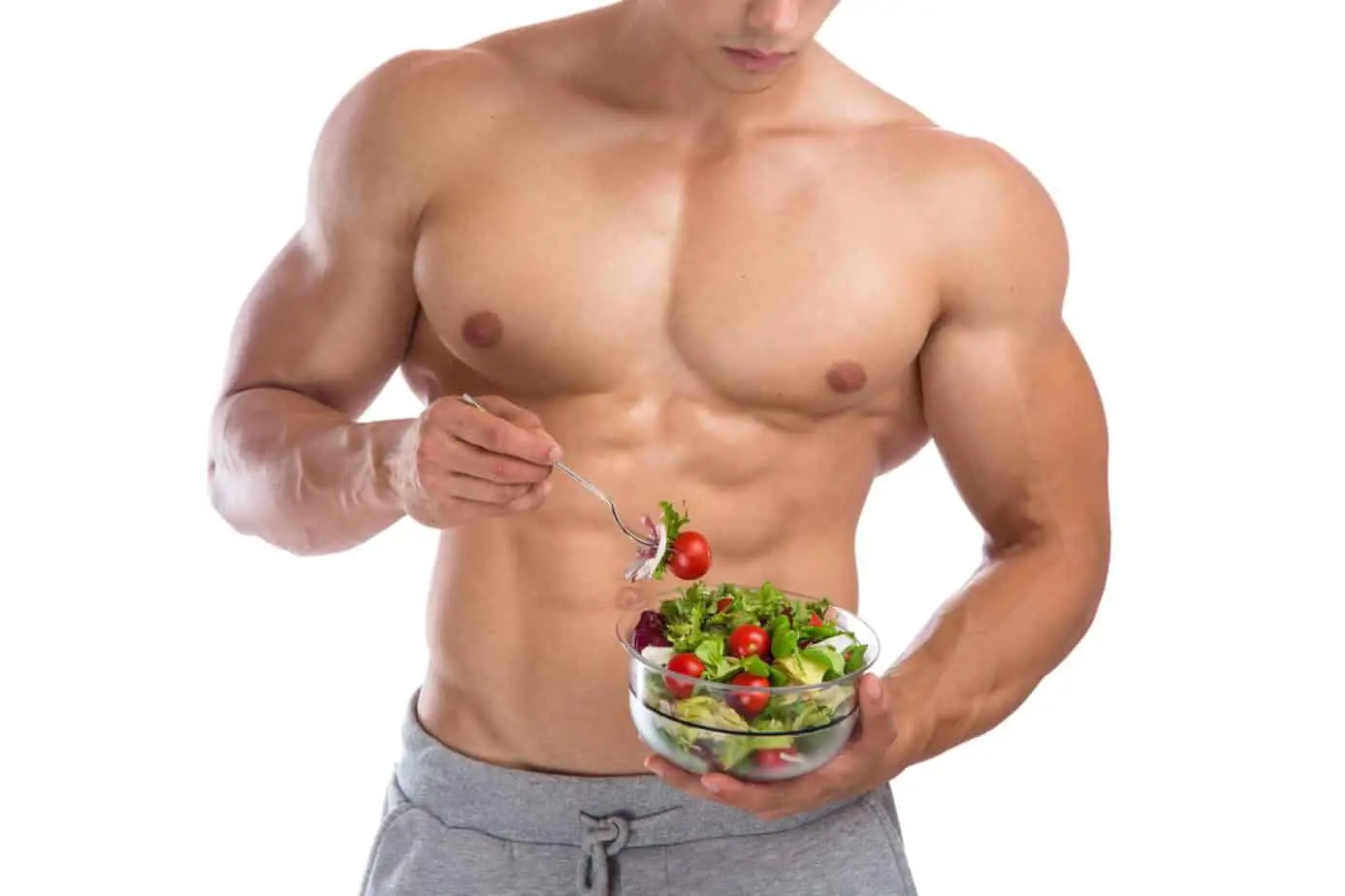
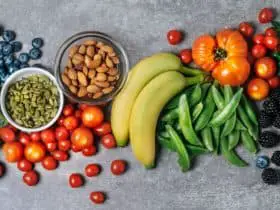
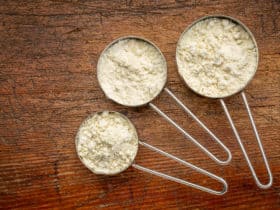
Leave a Reply